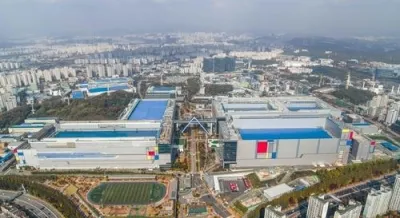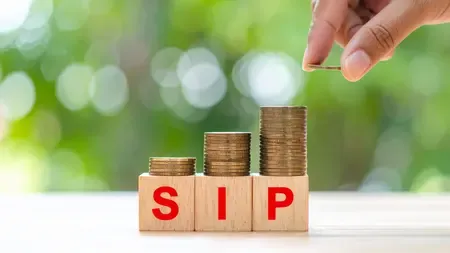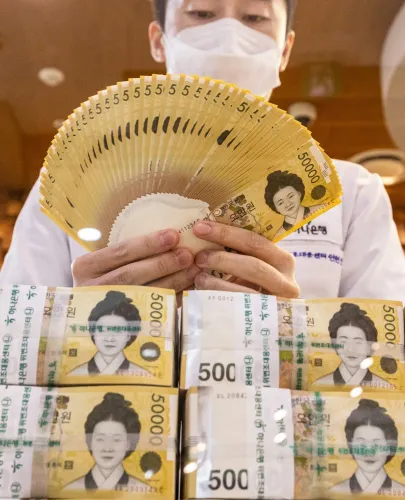Did Samsung Just Land a $16.4 Billion Chip Order?

Synopsis
Key Takeaways
- Samsung Electronics has secured a significant chip order valued at 22.8 trillion won.
- This order represents the largest in Samsung's history.
- The deal is projected to enhance Samsung's foundry division.
- Operating profit projections for the second quarter were not met due to foundry challenges.
- Samsung shares rose following the announcement, outperforming the KOSPI index.
Seoul, July 28 (NationPress) Samsung Electronics announced on Monday that it has successfully secured a substantial 22.8 trillion-won ($16.4 billion) contract to provide semiconductors to a significant yet undisclosed client.
In a formal regulatory statement, the South Korean technology leader revealed it has entered into a foundry agreement expected to conclude by December 31, 2033. The identity of the customer and the particulars of the arrangement were not disclosed due to management confidentiality, as reported by Yonhap news agency.
This contract represents 7.6 percent of Samsung's total revenue of 300.9 trillion won from the previous year and signifies the largest chip order that Samsung Electronics has ever received.
The agreement is anticipated to significantly enhance its foundry division, which has faced challenges in matching the performance of global leader Taiwan Semiconductor Manufacturing Company (TSMC).
Earlier this month, Samsung Electronics projected an operating profit of 4.59 trillion won and sales of 74 trillion won for the second quarter.
However, the operating profit fell short of market expectations, primarily due to underperformance in the foundry and the System Large Scale Integration (LSI) sectors.
Following this news, shares of Samsung Electronics surged by 2.43 percent, reaching 67,500 won as of 9:37 a.m., outperforming the broader KOSPI index's 0.26 percent decline.
In a related development, President Lee Jae Myung met with Samsung Electronics Chairman Lee Jae-yong last year, as stated by the presidential office, to discuss various trade and investment matters amidst ongoing trade negotiations between Seoul and Washington.
“President Lee continued his discussions with business leaders this week, following previous engagements,” said presidential spokesperson Kang Yu-jung in a written briefing, noting that the two had dinner together that day.
“They shared thoughts on a wide array of subjects without a predefined agenda,” she added.
This dinner meeting occurred as South Korea aims to finalize a trade agreement with the United States to reduce reciprocal tariffs of 25 percent on Korean products before the August 1 deadline, under a package deal encompassing trade, investment, and security cooperation.










